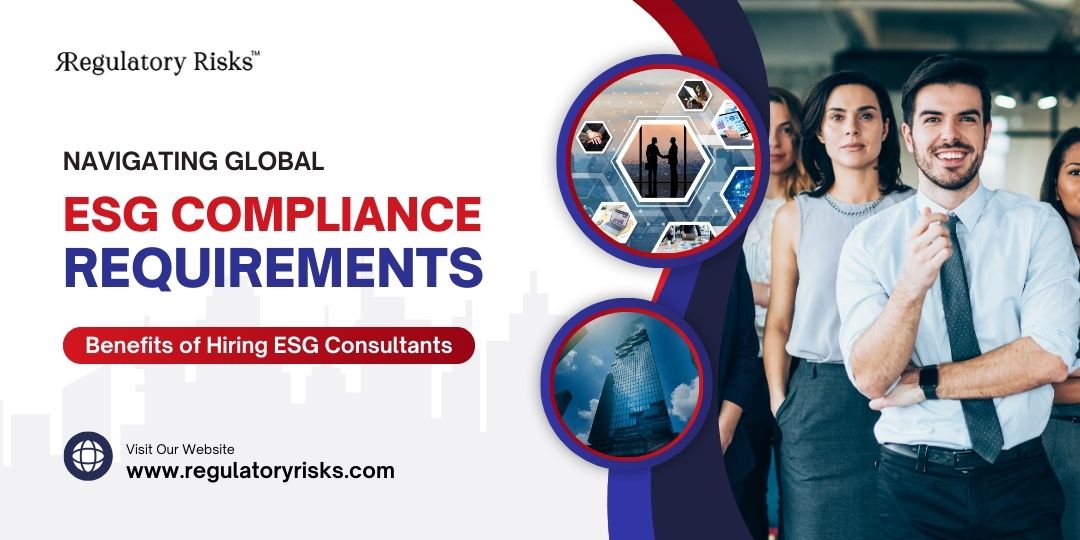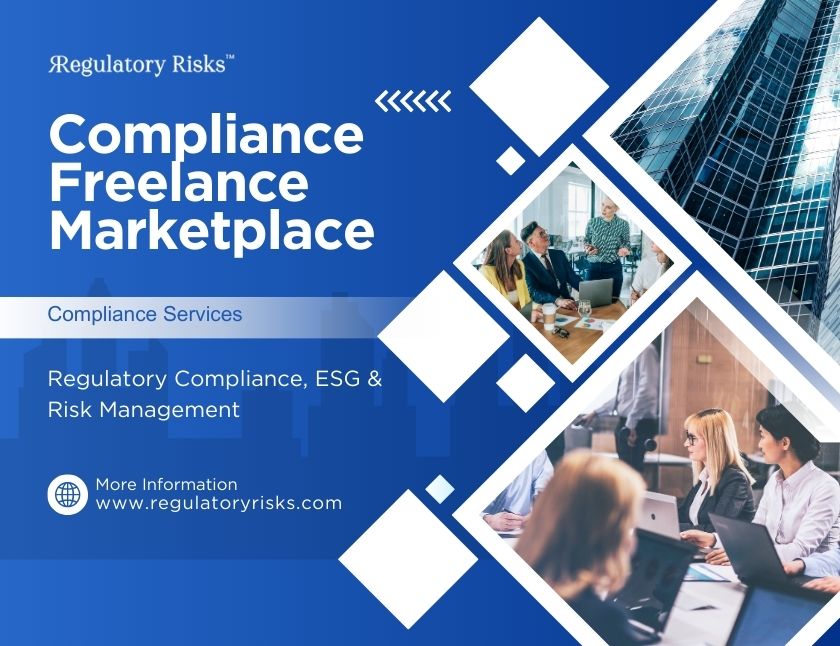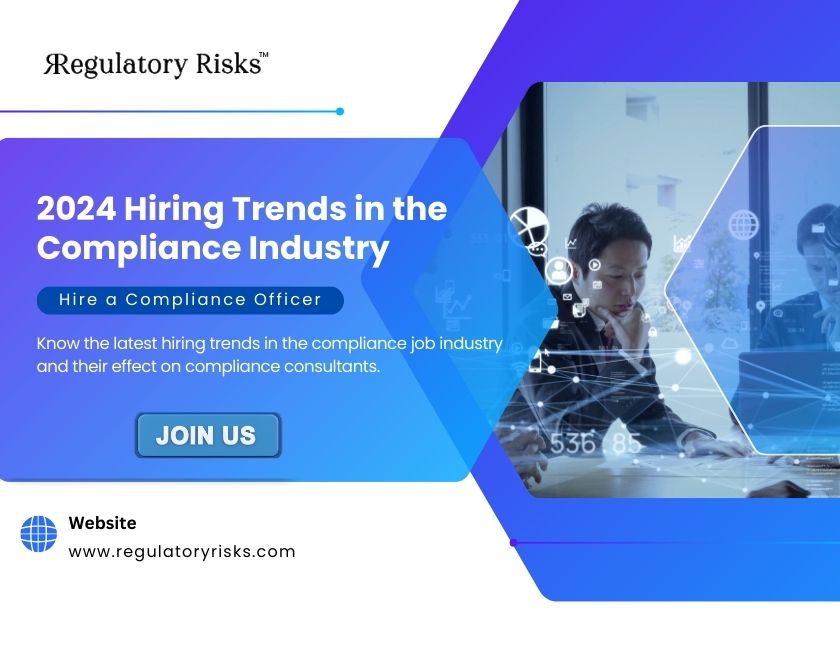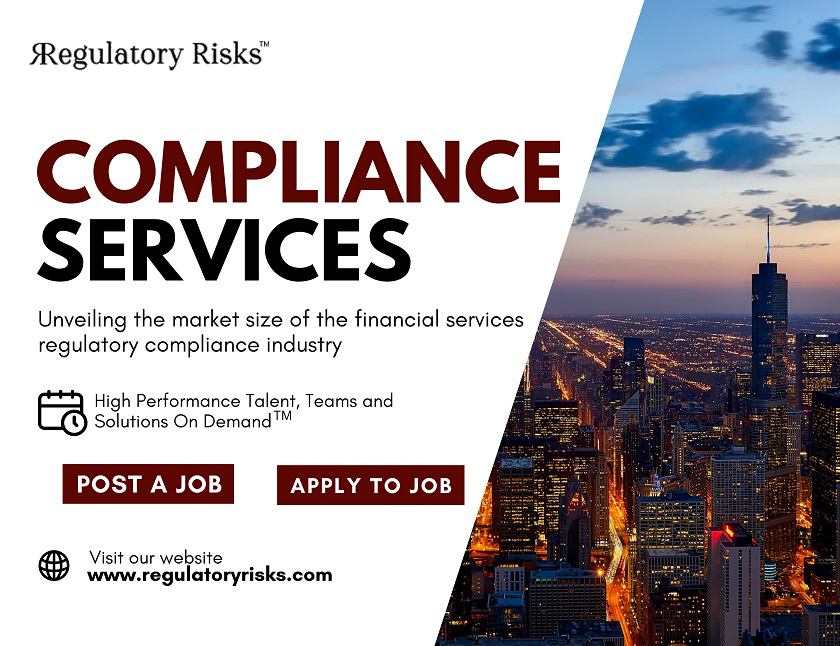In recent years, Environmental, Social, and Governance (ESG) factors have become crucial for companies worldwide, driven by increasing regulatory requirements and growing investor demand for sustainable practices. ESG consultants play a pivotal role in helping companies navigate these complex regulations and integrate sustainable practices into their operations. This article explores the latest ESG requirements in the US, Europe, UK, Hong Kong, Singapore, and Australia, discusses how companies can develop an effective ESG compliance program, and highlights how ESG compliance consultants and platforms like Regulatory Risks can provide essential support.
Global ESG Requirements: A Brief Overview
United States
In the US, ESG requirements are evolving rapidly. The Securities and Exchange Commission (SEC) has proposed rules mandating climate-related disclosures in registration statements and periodic reports. These disclosures include information on climate-related risks, greenhouse gas emissions, and the impact of climate change on business operations. Furthermore, while some aspects are still under review, companies are encouraged to start preparing for compliance.
Europe
Europe is at the forefront of ESG regulations, with the European Union (EU) implementing several mandatory requirements. The EU Taxonomy Regulation and the Sustainable Finance Disclosure Regulation (SFDR) are key frameworks. Additionally, the EU Taxonomy sets criteria for determining environmentally sustainable activities, while the SFDR mandates disclosures related to sustainability risks and impacts for financial market participants and financial advisors. These regulations aim to increase transparency and drive sustainable investments.
United Kingdom
Post-Brexit, the UK has established its own set of ESG requirements. The Financial Conduct Authority (FCA) requires premium-listed companies to disclose climate-related financial information in alignment with the Task Force on Climate-related Financial Disclosures (TCFD) recommendations. Moreover, the UK government is developing a framework for mandatory climate-related financial disclosures across the economy, expected to come into effect by 2025.
Hong Kong
Hong Kong's Securities and Futures Commission (SFC) has introduced guidelines for ESG disclosures by listed companies. Therefore, these guidelines emphasize the importance of board governance and the need for companies to disclose material ESG issues and their impact on business operations. Additionally, the Hong Kong Exchanges and Clearing Limited (HKEX) also mandates ESG reporting for listed companies, requiring disclosures on environmental and social matters.
Singapore
In Singapore, the Singapore Exchange (SGX) requires listed companies to produce annual sustainability reports. Additionally, these reports must include material ESG factors, policies, practices, and performance. Moreover, the Monetary Authority of Singapore (MAS) also encourages financial institutions to integrate ESG considerations into their investment and risk management processes.
Australia
Australia's ESG landscape is shaped by both mandatory and voluntary guidelines. Therefore, the Australian Securities and Investments Commission (ASIC) provides guidance on climate risk disclosure, urging companies to consider how climate change impacts their financial performance and to disclose relevant information. Moreover, the Australian Prudential Regulation Authority (APRA) has also released guidelines on managing climate-related risks.
Developing an ESG Compliance Program
To comply with these varied and evolving requirements, companies must develop robust ESG compliance programs. Here are the key steps involved:
Conduct an ESG Assessment
The first step in developing an ESG compliance program is to conduct a thorough assessment of your company's current ESG practices and performance. This involves identifying material ESG issues relevant to your industry, stakeholders, and operations. Moreover, an ESG assessment helps pinpoint areas needing improvement and sets the foundation for your compliance strategy.
Set ESG Goals and Objectives
Based on the assessment, set clear and achievable ESG goals and objectives. Therefore, these should align with regulatory requirements and stakeholder expectations. Further, goals may include reducing greenhouse gas emissions, improving labor practices, or enhancing board diversity. Hence, establishing measurable targets is crucial for tracking progress and demonstrating commitment to ESG principles.
Develop ESG Policies and Procedures
Create comprehensive ESG policies and procedures to guide your company's efforts. Additionally, these should cover all relevant areas, such as environmental management, social responsibility, and governance practices. Also, ensure that your policies are integrated into your overall business strategy and that employees are aware of their roles and responsibilities in achieving ESG goals.
Implement Data Collection and Reporting Systems
Accurate data collection and reporting are essential for ESG compliance. Therefore, implement systems to gather and analyze data related to your ESG performance. This may involve using specialized software or platforms to streamline data management. Moreover, regular reporting helps track progress, identify areas for improvement, and demonstrate compliance to regulators and stakeholders.
Engage Stakeholders
Engaging with stakeholders, including investors, employees, customers, and communities, is critical for a successful ESG compliance program. Additionally, regular communication and transparency build trust and ensure that your ESG initiatives align with stakeholder expectations. Hence, consider establishing an ESG committee or working group to oversee and coordinate efforts across the organization.
Monitor and Review
ESG compliance is an ongoing process that requires continuous monitoring and review. Therefore, regularly assess your ESG performance against goals and regulatory requirements. Moreover, conduct internal audits and seek external assurance to validate your efforts. Further, use the insights gained to make necessary adjustments and improvements to your ESG program.
The Role of ESG Consultants
ESG compliance consultants bring specialized knowledge and expertise to help companies develop and implement effective ESG compliance programs. Thus, here’s how they can assist:
Expertise and Guidance
ESG consultants possess in-depth knowledge of the latest regulations, industry best practices, and emerging trends. They provide valuable guidance on how to meet regulatory requirements and implement sustainable practices tailored to your industry and operations.
Customized Solutions
Every company has unique ESG challenges and opportunities. ESG consultants offer customized solutions that address your specific needs. They conduct assessments, develop strategies, and create tailored policies and procedures that align with your business goals and regulatory obligations.
Training and Capacity Building
Building internal capacity is crucial for long-term ESG compliance. ESG consultants provide training and capacity-building programs to educate employees and management on ESG principles, policies, and reporting requirements. This ensures that your team is equipped to sustain ESG efforts over time.
Reporting and Disclosure
ESG consultants assist in preparing accurate and comprehensive ESG reports and disclosures. They help gather and analyze data, ensure compliance with reporting standards, and communicate your ESG performance effectively to stakeholders. This enhances transparency and credibility.
Leveraging Regulatory Risks for ESG Compliance
Platforms like regulatoryrisks.com offer a range of ESG compliance consultants that can significantly enhance your ESG compliance efforts:
Access to a Network of Experts
Regulatory Risks connects companies with a network of experienced ESG compliance consultants and professionals providing ESG Consulting Services. This access allows you to find the right expertise for your specific needs, ensuring that your ESG program is guided by knowledgeable professionals.
Efficient Hiring Process
Regulatory Risks, a compliance freelance jobs marketplace, streamlines the hiring process, making it easier to find and engage qualified ESG consultants and freelancers. This efficiency saves time and resources, enabling you to focus on implementing your ESG initiatives.
Cost-Effective Solutions
Hiring full-time permanent ESG members of staff providing ESG Services can be costly, especially for SMEs. Regulatory Risks offers flexible engagement models, including project-based and part-time arrangements, which provide cost-effective solutions without compromising on expertise and quality.
Continuous Support and Resources
Regulatoryrisks.com provides ongoing support and resources, including updates on the latest ESG regulations, best practices, and industry trends. This continuous support ensures that your ESG compliance program remains current and effective.
Conclusion
Navigating the complex landscape of global ESG requirements is a significant challenge for companies, but with the right strategies and support, it is achievable. Understanding the latest regulations in the US, Europe, UK, Hong Kong, Singapore, and Australia is essential for developing an effective ESG compliance program. By conducting thorough assessments, setting clear goals, implementing robust policies, and engaging stakeholders, companies can enhance their ESG performance and meet regulatory obligations.
ESG consultants and platforms like Regulatory Risks play a crucial role in this compliance freelance jobs process, offering expertise, customized solutions, and cost-effective support. Leveraging these resources can help companies not only achieve compliance but also build a sustainable and responsible business that meets the expectations of regulators, investors, and society at large.




